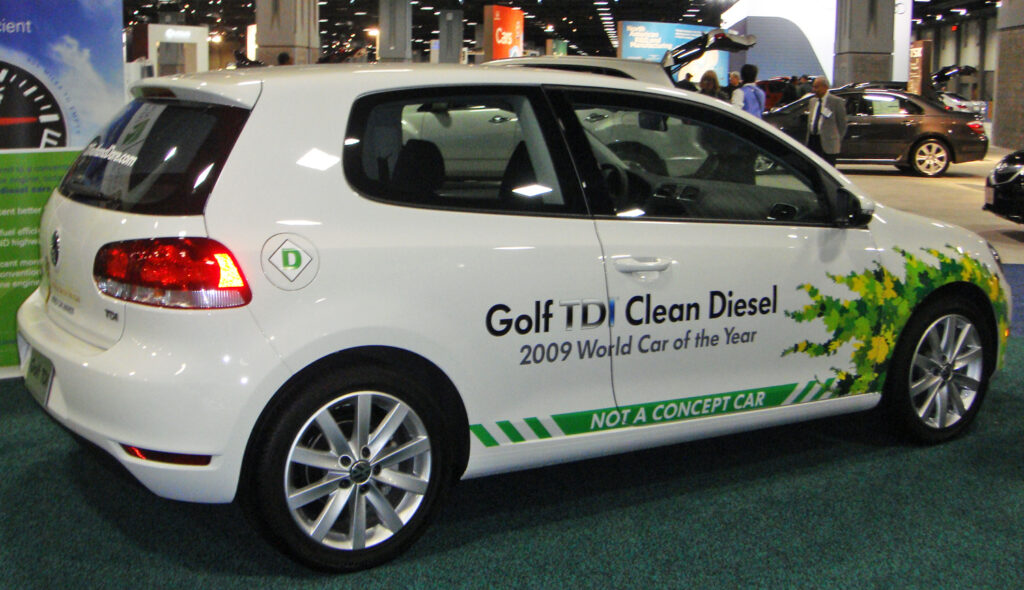In a resounding majority vote on Wednesday, the European Parliament approved a groundbreaking directive to eliminate unverified environmental claims.
The directive, endorsed by 593 votes to 21, seeks to empower consumers to make sustainable choices while protecting them from deceptive practices like "greenwashing," where brands exaggerate or mislead consumers about a product's environmental impact. Once transposed into national law (with a two-year compliance period for Member States), environmental claims on packaging or advertising must be "reliable, fair, and understandable."
Generic terms such as "green," "biodegradable," "good for the climate," "ecological," and "natural" will be prohibited unless backed by scientific evidence aligned with European legislation or recognised labels.
Additionally, claims like "climate neutral," "certified CO2 neutral," and "carbon positive," which have become increasingly prevalent, will be banned. Such claims are criticised for misleading consumers into believing that a product's production had no environmental impact, often relying on the principle of compensation through carbon credits.
However, studies have shown that purchased carbon credits may not provide equivalent climate benefits, exposing the flaws in such practices. The ban was welcomed by consumer advocacy groups. Ursula Pachl, deputy director of Beuc – an umbrella group for independent consumer organisations – told Le Soir: "There is no such thing as carbon-neutral cheese, plastic bottles, or bank accounts. These claims are scientifically incorrect and should never be used."

VW Golf TDI 'clean diesel'. Credit: Wikimedia Commons
The directive also addresses concerns about claims applying to only a part of a product, ensuring that environmental marketing applies to the entire product. Stricter regulations will be implemented for claims about a product's future environmental performance, requiring a public, realistic implementation plan with achievable objectives, regularly verified by independent experts.
In a bid to bring order to the plethora of environmental labels, only those created by public authorities or based on reputable certification systems will be accepted, eliminating custom-made pseudo-labels.
Related News
- Greenwashing and low wages: Protest against H&M in front of Brussels store
- A carbon-neutral flight? Austrian Airlines guilty of greenwashing
Beyond combating greenwashing, the directive addresses planned obsolescence, prohibiting techniques that deliberately shorten a product's lifespan. This prohibition extends to the digital realm, preventing manufacturers from concealing negative impacts of updates on device performance.
To enhance consumer awareness of a product's durability, producers will be required to provide specific information on lifespan and repairability. The same transparency will apply to digital products, where manufacturers must indicate the period of free software updates availability.

